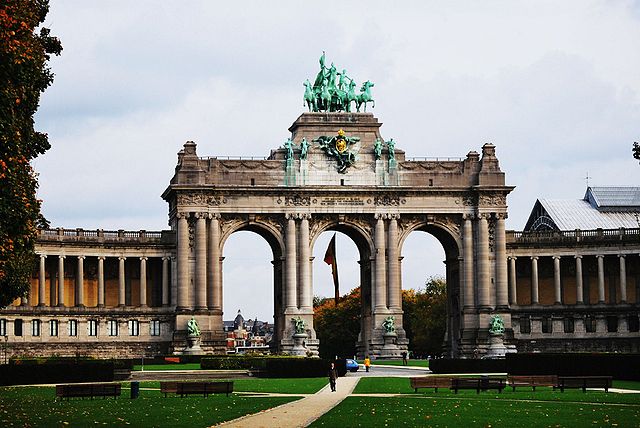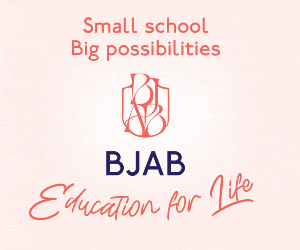Ah Bruxelles, je t’adore! I have been a Bruxelloise for well over three years now and although I won’t go as far as to say that Brussels is my spiritual home, it’s definitely got a hold over me. But believe it or not, not all expats feel the same way as I do about Brussels. Maybe it’s the non-existent customer service; the smell of pee on boulevard Anspach; or perhaps it’s because of the insurmountable strata of bureaucracy, to cater for the gargantuan population of one million people.
Some expats tend to focus on the negative aspects of Brussels living without giving this charming city a proper chance. I met one expat who would hop on the Eurostar any chance he would get, another who had spent seven years in Brussels and hadn’t yet mastered ordering a drink in French and a woman who spent a lot of time comparing Brussels unfavourably to her hometown, Vienna.
I started to think about the deeper reasons as to why people felt this way about the city – and these three people were certainly no exception. Having gotten pretty well-acquainted with the Eurobubble environment, I noticed that whenever there was a holiday, the European quarter would empty out quicker than a run on an Argentine bank in the 1990s. Airports and trains stations would be crammed with expats, trying to make a break for the border.
From observation and enquiry over the years, I think one of the reasons why some expats don’t tend to feel settled or at home here is due to this Eurobubble. One can spend their whole time life completely absorbed in it and separate to Belgian society. Since Brussels has a large EU community and the lingua franca is English, with so many services catered for expats, it is very easy to live here without ever having much or any contact with the native languages, Belgians or Belgian society.
The Journal of Personality and Social Psychology published in 2012 a study conducted jointly by Tel Aviv University, Northwestern University and INSEAD. The study found that to bolster creative and professional success, merely living abroad was insufficient. Such success depended on both identifying with one’s native culture as well as that of the host culture simultaneously. “Unlike patterns of cultural identification in which individuals endorse only one of the two cultures, bicultural identification requires individuals to take into account and combine the perspectives of both old and new cultures,” explains Dr. Carmit Tadmor of TAU’s Recanati School of Business in a consequent Science Daily article. “Over time, this information processing capability, or ‘integrative complexity’, becomes a tool for making sense of the world and will help individuals perform better in both creative and professional domains.”
Does the absence of biculturalism play a role in as to why some expats don’t like living here? Dr Tadmor notes that being bicultural is not easy – and sticking with expats is both comfortable and safe – but biculturalism is the more enriching in the long run: “The road to biculturalism is fraught with internal conflicts, in which two cultural identities struggle to coexist. It’s much easier to surround yourself with your expat community than to straddle two separate worlds. But bypassing the conflicts means giving up the best benefits. Integrative complexity, which is responsible for creative and professional success, evolves through the repetitive resolution of these internal conflicts.”
Integrating oneself in Belgian society not only makes you successful, it can also act as a safeguarding device against the heartbreak of expat friends leaving. At least your Belgian friends will be sticking around. Yet to miss out on expat friendships because of the inevitably that one of you will leave is also a missed opportunity. An American friend recounted to me that her neighbours didn’t want to get too close to her because she would leave in a couple of years! Even if these neighbours could be reproached for their attitude, I sympathize with it since they too may have had their heart broken. Like with any strategy, I recommend spreading the risk by mixing up your portfolio of friends: Belgians, short-term and long-term expats.
Acceptance is the antidote to so many of life’s ups and downs and here it is no exception. Accept that people come and go; that Brussels is not Paris, London, or Vienna; and that the annoying things that you left behind will still pop up in your host country (e.g. unavoidable bills, unavailable plumbers, unreliable men, etc.).
Making the most out of the expat experience is about openness and flexibility. By being so, you may become more creative at work and at play; discover a whole new world or change your perspective. You may even be just a tad more accepting of that stench on boulevard Anspach.







